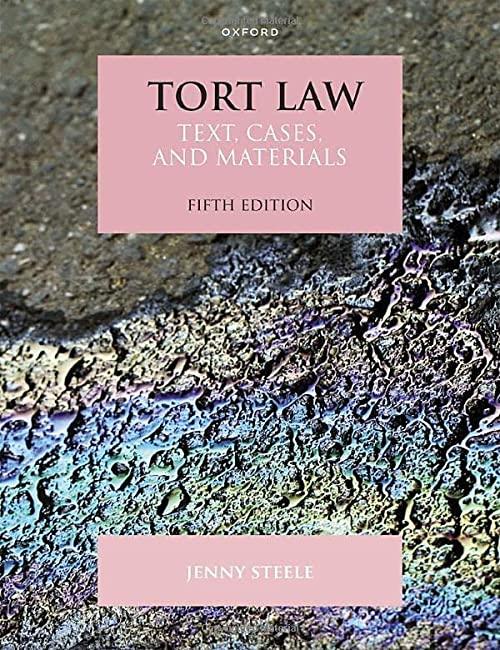Question
Can you use any three of these articles to add on to my writing piece below them and use direct quotes from them as more
Can you use any three of these articles to add on to my writing piece below them and use direct quotes from them as more evidence to prove my thesis.
Why Peacekeeping Fails?BY DENNIS JETT
https://www.afsa.org/why-peacekeeping-fails
https://onlinelibrary.wiley.com/doi/abs/10.1111/mepo.12402
https://theglobepost.com/2019/08/01/un-peacekeeping/
What's the point of peacekeepers when they don't keep the peace?
https://www.theguardian.com/world/2015/sep/17/un-united-nations-peacekeepers-rwanda-bosnia
The Crisis of Peacekeeping: Why the UN Can't End WarsBy Sverine Autesserre
(Need to subscribe to get full copy)
https://www.foreignaffairs.com/articles/2018-12-11/crisis-peacekeeping
TheProblemwithPeacekeepingby Franois Grignon, Daniela Kroslak
https://online.ucpress.edu/currenthistory/article-abstract/107/708/186/108358/The-Problem-with-Peacekeeping?redirectedFrom=fulltext
https://www.crisisgroup.org/africa/horn-africa/sudan/problem-peacekeeping
Peacekeepers are sent to countries that need assistance. Their purpose is to maintain stability in a developing or war-torn region. Peacekeepers, unlike the military, lack enough ammunition supplies; hence they only act as negotiators and mediators. After analyzing and reflecting on several articles, I realized that restoring global harmony and security via peacekeeping is extremely difficult because essential objectives must be dealt with before a civil society is initiated.
Peacekeepers are often posted in post-conflict situations where violence and aggression are taking place. As a result, peacekeeping effectively resolves the power of war viciousness, ordinary civilians are protected, and fighting dispersion is overpowered. The task force's job as a peacekeeper is not to take sides but to maintain neutrality within the opposing parties. The UN has the authority to penalize violations committed by one of the parties. Before the peacekeeper starts the intervention, the major parties in the conflict must offer their permission for peacekeepers to participate. Without an agreement, the UN becomes a party to the war, endangering lives and defeating the purpose of peacekeeping. Fostering human rights and autonomy is one of the primary priorities of the United Nations. The peacekeeping task force protects this concept in countries under suppressive military rule. Most of the time, the peacekeeping mission necessitates security for civilians while they are in danger. In their campaigns, peacekeepers often face many challenges, such as a lack of weapons needed to wage war and scarce ammo and arms only used for intimidation.
The Indonesia East Timor War is an example of where peacekeeping was deployed. Indonesia occupied East Timor in 1975, which is situated in Southeast Asia. A war broke out, resulting in many deaths and the eviction of 500,000 people from their residences. The Indonesians invaded East Timor because the new government gave East Timor a vote on their countries future, and the vote went overwhelmingly in favour of independence. Following the announcement of the result, pro-Indonesian militias launched a violent campaign. The United Nations Secuirty Council (UNSC) criticized the invasion a few months later, calling on Indonesia to withdraw its military forces from East Timor because the Indonesians' aggression breached international law and the right to self-determination. However, the Indonesian government was unable to curb their citizens' aggression, prompting Australia to mobilize and lead the International Force East Timor (INTERFET), which worked alongside the UN in East Timor. INTERFET began landing in East Timor on September 12, 1999, with over 5,500 employees. The landing of INTERFET led to the withdrawal of pro-Indonesian rebels and the Indonesian government's security forces, army, and politicians. Despite the departure of pro-Indonesian rebels and Indonesian Government security forces, the United Nations peacekeeping mission in East Timor was disappointing because the UN did not meet the target. The United Nations Transitional Administration in East Timor (UNTAET) was created to provide security and maintain law and order throughout the territory of East Timor by: establishing an effective administration, assisting in the development of civil and social services, making sure the coordination and supply of humanitarian assistance, rehabilitation and development assistance, support capacity-building for self-government, helping in the initiation of conditions for stable growth. Despite the UNTAET's primary goals, East Timor remained with several problems, including extreme poverty, unemployment, a lack of economic growth, police brutality, and poor leadership. They had intended to withdraw the bulk of UN officials by 2005. Still, violence flared up again in 2006, forcing Australia, Indonesia, and Portugal to deploy forces to restore order.
In conclusion, establishing global harmony and security through peacekeeping is a daunting task that is no guarantee. The parties concerned have to compromise on big decisions that can have a long-term effect which has proven to cause havoc. Peacekeeping did not successfully bring an end to East Timor's violence because many Indonesians were defiant and refused to stop protesting East Timor's independence. Despite the establishment of the INTERFET and UNTAET, they didn't meet any of the objectives they had set, leaving East Timor as unstable today as before the UN's assistance.
Step by Step Solution
There are 3 Steps involved in it
Step: 1

Get Instant Access to Expert-Tailored Solutions
See step-by-step solutions with expert insights and AI powered tools for academic success
Step: 2

Step: 3

Ace Your Homework with AI
Get the answers you need in no time with our AI-driven, step-by-step assistance
Get Started


